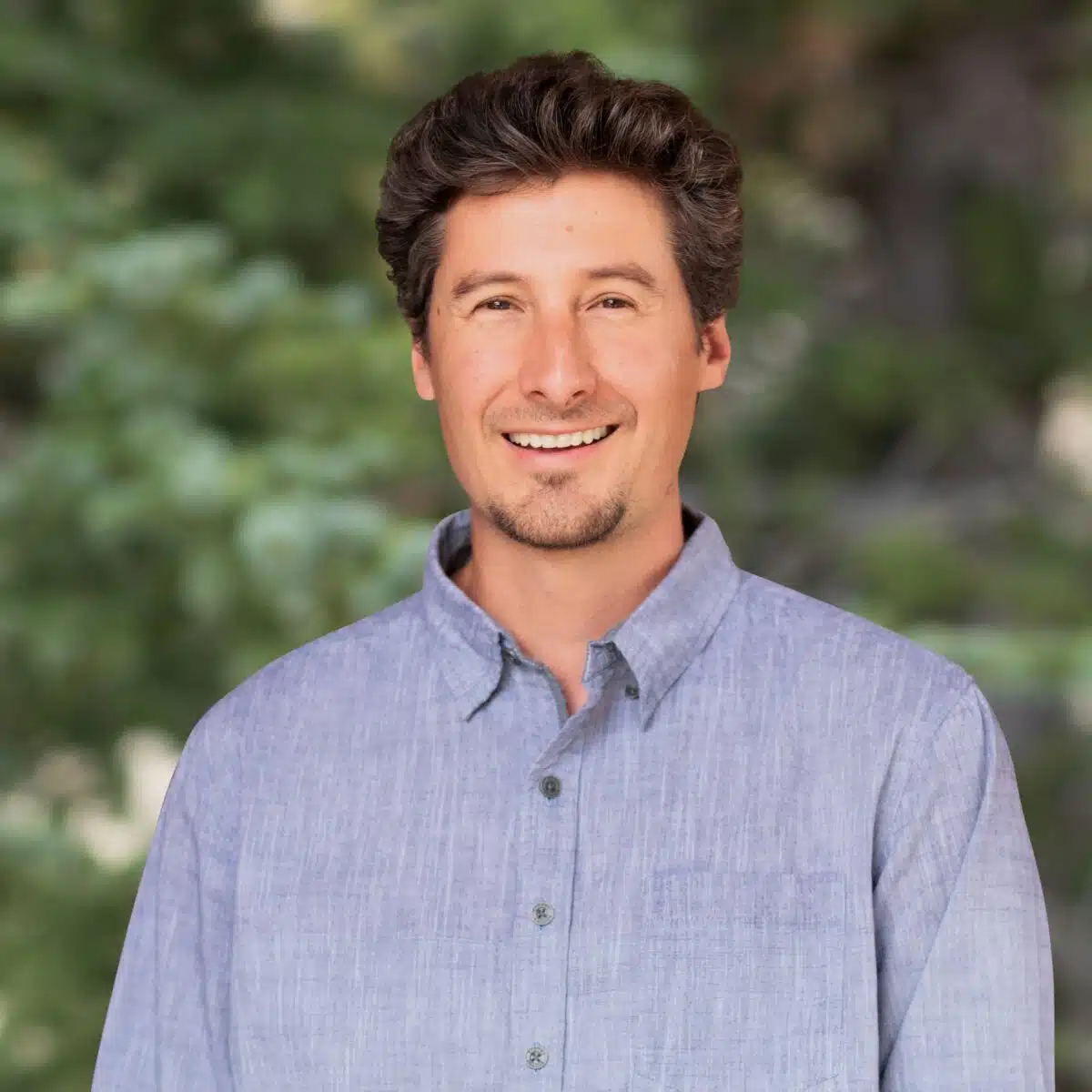Sea Level Rise and Coastal Adaptation: David Revell Authors Paper in Water Journal
By David L. Revell, Ph.D., Principal, Coastal Climate Risk and Resilience
Matthew Jamieson, Project Scientist
Is the standard approach of armoring beaches with rocks and seawalls the best way to save our nation’s coastlines? A new study evaluates adaptation options and provides a new way of thinking about long-term solutions that offer recreation and ecosystem benefits.

As sea level rise increases community risks from erosion, wave flooding, and extreme tides, coastal cities and states are striving to understand the economic and ecological costs of different methods of keeping beaches wide and recreational visitors happy. Integral principal and coastal geomorphologist David Revell, Ph.D., known for helping California’s cities and counties manage risk from coastal hazards, has authored a groundbreaking study published in Water, an international journal on water science. The new study evaluates different strategies for maintaining beaches—comparing the standard armoring approach to a managed retreat approach that includes public buyouts and rent-back options.
Titled “A Holistic Framework for Evaluating Adaptation Approaches to Coastal Hazards and Sea Level Rise: A Case Study from Imperial Beach, California,” the article discusses an innovative adaptation framework to equitably compare via economic net benefits, the future effects of adaptation choices on all coastal environments and communities attempting to address sea level rise and coastal hazards. This adaptation framework models physical responses to the public beach and private upland for each adaptation strategy over time, linking physical changes in widths to damages, economic costs, and benefits from beach recreation and nature using low-lying Imperial Beach, California, as a case study. Coauthors include Integral scientist Matt Jamieson.
Dr. Revell is a coastal geomorphologist with more than 25 years of experience studying marine, coastal, and estuarine processes, working to integrate science and management of coastal processes and climate change. He has served as a technical advisor and facilitator to multiple federal, state, and local jurisdictions related to ocean and coastal management especially at the intersection of how physical processes and human alterations affect hazards, habitats, and human use.
Revell, D., P. King, J. Giliam, J. Calil, S. Jenkins, C. Helmer, J. Nakagawa, A. Snyder, J. Ellis, and M. Jamieson. 2021. A holistic framework for evaluating adaptation approaches to coastal hazards and sea level rise: A case study from Imperial Beach, California. Water 13(9):1324. https://doi.org/10.3390/w13091324
For more information, contact Dr. Revell at drevell@integral-corp.com.



